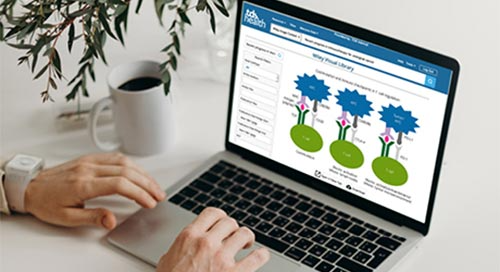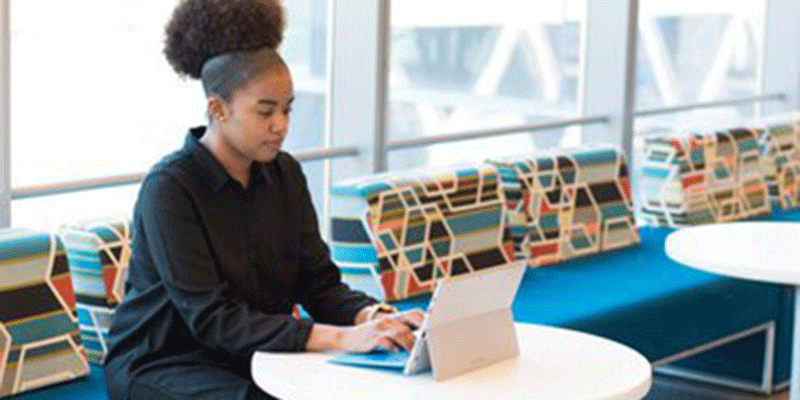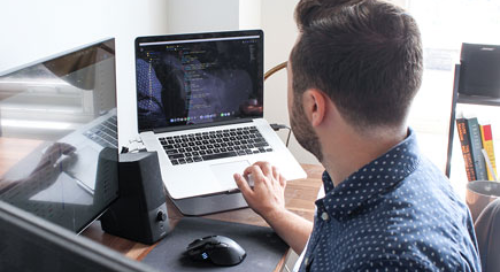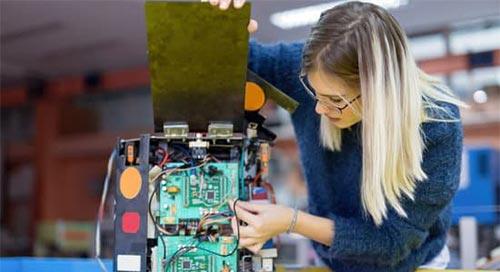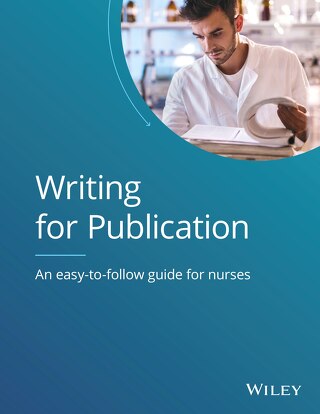marriages-made-in-heaven-or-hell-supervisors-and-doctoral-students-working-together
January 28, 2016
The supervisor/student relationship is not always a happy story. Running supervision and doctoral student workshops in several countries, I hear of as many problematic relationships and derailed (at least temporarily) supervisor/student research journeys as I do successful ones.
Postgraduates and supervisors speak of: lack of direction, unclear expectations at the start of the PhD journey, neglect and absence, lacking, unclear or personally damaging feedback on work, lack of challenge and confirmation of achievement, lack of support for writing development.
A few thoughts:
Getting started
Establish what kind of a relationship it is and make it work. This is a personal/professional relationship that could last from three years onwards and, if you decide to be an academic researcher beyond the PhD, you could be co-writing, co-researching and co-delivering at conferences well after gaining your PhD. Should you work in business, science or the public sector, you might seek out your supervisor as a consultant. These academic working relationships have the potential to be fruitful, enjoyable, intellectually demanding and rewarding.
Ground rules and managing expectations
Initiate discussions about how the supervisory relationship will work in practice and what is expected of you as a doctoral student. This includes discussing regularity of supervision, location, timing, pre-work, staged work, accessibility, when and where you meet, and what work to send in advance. Develop an agenda for discussing work and let your supervisor know how helpful it would be if constructive feedback is returned before you meet. Set up clear schedule expectations and ask them when they are happy to be contacted about small issues, quick questions or longer conceptual or institutional issues. If your supervisor initiates these structure relations and clarifies expectations and responsibilities, that’s excellent. If he/she does not, then you need to politely initiate and seek clarification, so that once the structure and expectations are in place, you can get on with the work.
Getting on with your supervisors
Not everyone who supervises doctoral students is naturally oriented towards close nurturing and managing structured relationships, the ones which I believe work best. Some researchers and academics who become supervisors are very focused on their own research work, quite shy personally, and unaccustomed to the organized, managed, and stimulating behaviors needed in successful supervision. My advice in these scenarios is to try and work out what kind of supervisor(s) you have, so you can learn when to prompt, ask questions, and share personal information. If you have more than one supervisor (which is now common) ideally they should work as a team, and together you all can decide whether you should be supervised by both together or separately. Some advisors might not work well together, so if you find yourself caught between contradictory advice, ask for clarification without setting one against the other.
Culture
Doctoral research learning has its own behaviors, interactions and language which need to be recognized and managed. You will be expected to think critically and develop ideas. You need to listen, question, analyze, and communicate in the form of a theorized, evidence-based argument in spoken and written form.
For students from learning cultures which differ from that of the supervisor, or the institution, such clarification and established ways of interacting are even more essential. Sometimes assertiveness, politeness, deference, confusion with ‘insider’ research language, expectations of researchers, and cultural and institutional norms which differ from your own can lead to awkward miscommunications.
Ask if you don’t know
If you don’t understand a term or the expectations of pieces of work, ask. If you do not fully understand different behaviors and expectations, ask your supervisor, and ask other students. All students, and particularly those from another culture from that of the supervisor or the institution, can spend a long time puzzling over terms, behaviors, and expectations, seek clarity, ask and work it out together.
Get writing early on
Much can be made manageable if interactions and expectations are all made clear. Ask for models of successful work, obviously don’t copy them, but look at the structuring of the work, the way argument, theory, story, evidence, and data are woven in to a written thesis to make a case for the ways this work makes a contribution to knowledge. Identify how the use of literature works in a dialogue with the new work, the ways in which methodology and method are argued for, and the ways in which other students deal with problems and develop writing rhythms.
Communities
You are not just dependent on your own supervisor. Entering a research journey is also about entering a world-wide research community. Your supervisor is the first point of contact, but you also can talk in person or online with other students, people who write in your field, other researchers and with university services such as the library staff. Many problems can be solved if you talk to others who have been researching in the university community a little longer than you. While there should be a clear strategy of working with your supervisors at the start of your research journey, other communities could be essential should things go wrong. Both the formal institutional system and the informal research learning community are there to augment the support provided by a supervisor. Make the most of research groups, informal study opportunities, or people you meet at conferences who are working in similar areas.
Many students experience issues with supervisors even if the supervisors are unaware they are contributing to problems. Issues range from the over attentive supervisor to the ‘absent’ supervisor who rarely directs or engages with your work. As an increasingly autonomous researcher, you will need to develop a clear sense of where your work is going, what help you need, how to manage your own research and writing as well as your supervisor. Hopefully you will get this professional relationship right and your research work and life will run as smoothly as possible.
Further information:
Wisker, G (2008) The Postgraduate Research Handbook. London: Palgrave Macmillan
Wisker, G (2012) The Good Supervisor . London: Palgrave Macmillan.
Wisker, G (2015) ‘PhD students: what to do if you don’t work well with your supervisor’ The Guardian
Image Credit:Source: Sawayasu Tsuji/iStockphoto



